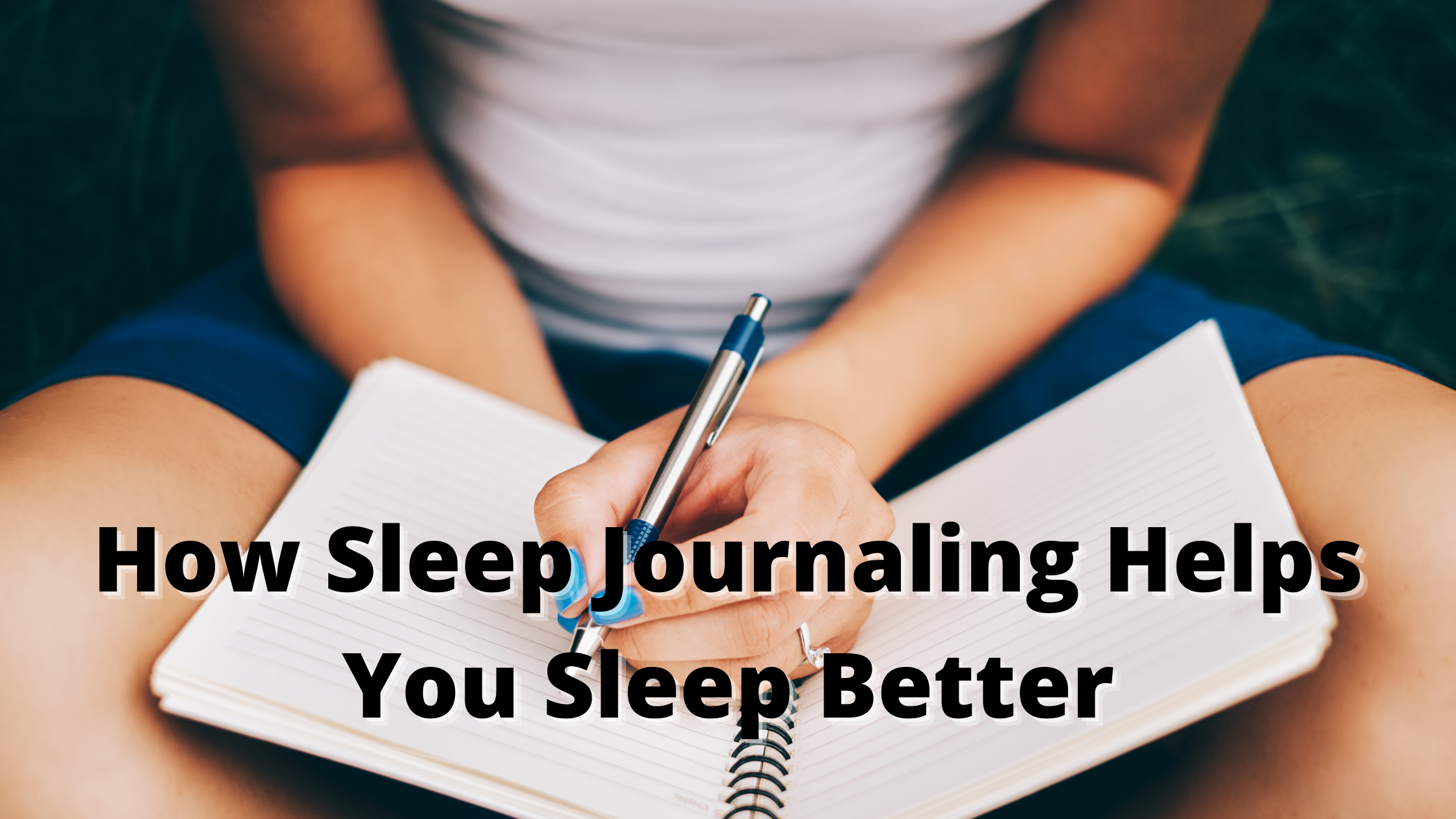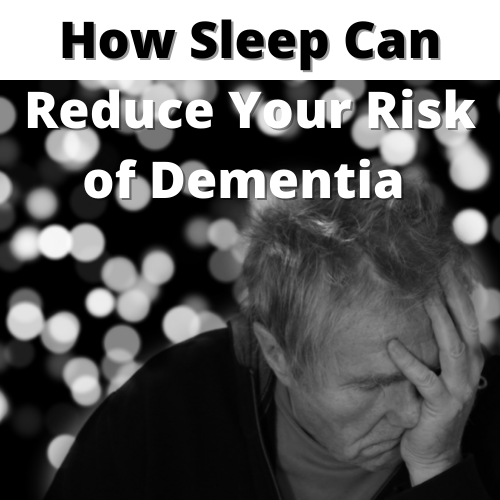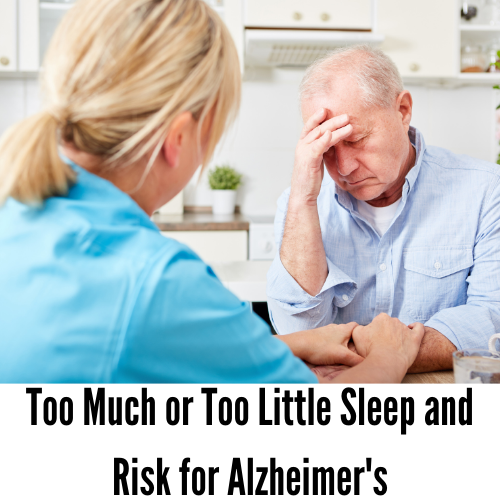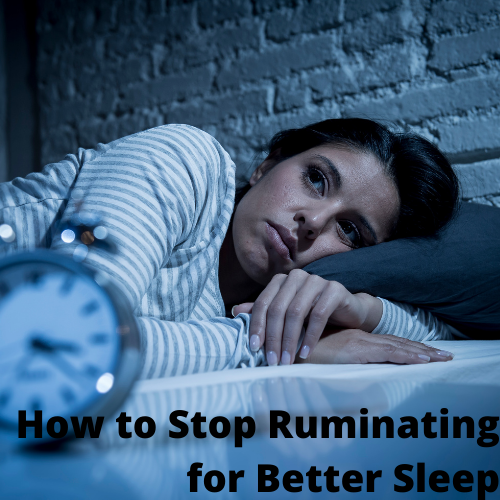Sleep is vital for your overall health and mental health. Whether you aren't able to fall asleep easily, or experience too many waketimes throughout the night, the impact on your mental health can be severe.
The brain does a lot of restoration and recharging throughout the night, during sleep. If sleep is fragmented, or simply doesn't happen, then this can increase the risk for mental health disorders, fatigue, and increased stress levels.
Sleep is essential, and your sleep habits can tell you a lot about your mental health. So what's the best way to learn your sleep habits? Through a sleep study. Continue reading to learn more about what a sleep study can help you determine about your mental health.






